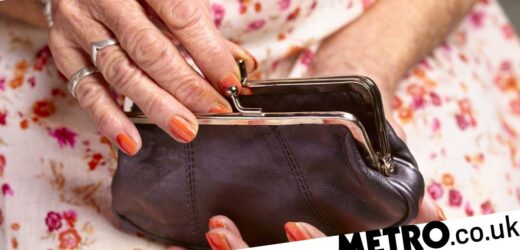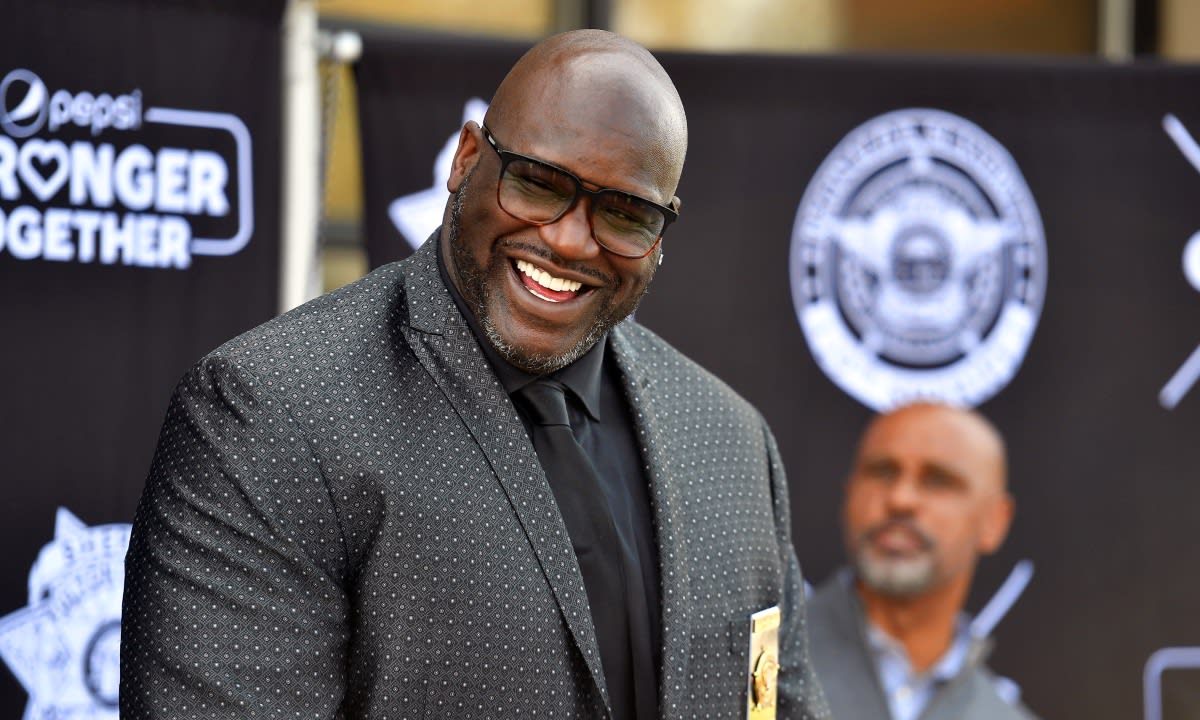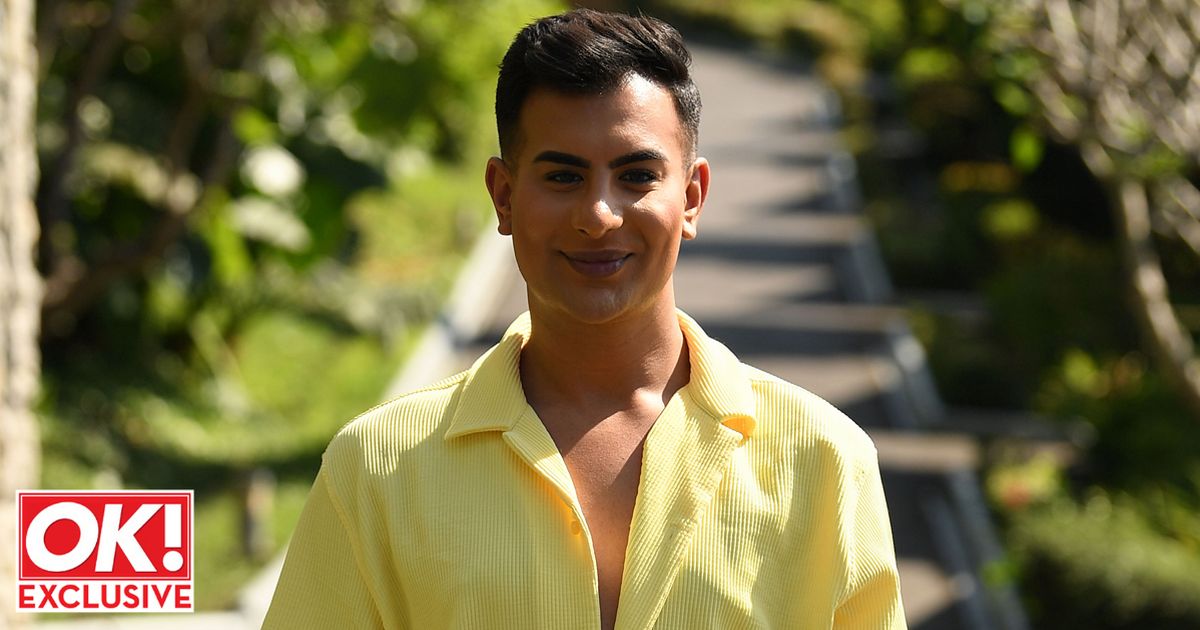For four months, I had been sending money to a man I thought I was in a relationship with to help him out of a crisis.
But when he told me he needed another £12,000, I realised something wasn’t right and I decided to confide in a friend. I told her the whole story, from start to finish, and she instantly realised that I’d been scammed.
Finding out the person I had spent months building a relationship with was actually a con artist, who had robbed me of my life savings, was the single biggest shock of my life.
I took to online dating in 2021, aged 65, about three years after losing my husband.
We had met as teenagers then got together later in life – he was my soulmate and ever since he died, I had been feeling lonely and isolated.
I told a friend about how much I hated going home to an empty house, without anyone to say hello to. I could easily go a whole day without speaking to a soul.
She suggested setting up a Facebook dating account. I was reluctant at first, but I thought about all of my friends who have met incredible partners this way, so I eventually decided to give it a go.
The world of dating apps was entirely new to me and as I browsed through the various profiles of men apparently looking for love, it all seemed quite shallow and unromantic.
That was until I saw Richard – he looked smart and professional in a suit and tie and I just had a good feeling about him.
‘He’s quite nice,’ I thought, hitting the ‘like’ button.
We started chatting and he told me that he was from Newcastle and that he was an architect. He showed me pictures of an impressive hotel complex that he’d designed somewhere in northern Cyprus.
We met during the height of the pandemic, so we couldn’t get together in person, but we spoke every day over message and had regular video calls.
He told me his wife had died and that he had a teenage daughter at school in another country. He seemed so friendly and we clicked.
Richard was incredibly sympathetic about my husband, though looking back, I realise that as I had put widowed on my profile, he was just manipulating me from the start.
After a few months, Richard told me that he had to go to Cyprus to oversee a building that he was working on.
I logged into his bank account and saw that he had £9million
He’d been out there for a couple of weeks when he mentioned that he had a shipment of materials coming from Turkey that he needed to pay for. Because he was in Cyprus, his bank wasn’t letting him make the payment – 200,000 euros – and he needed somebody in the UK to do it for him.
He gave me his passwords and account details so that I could log on from my computer while he talked me through it all over the phone.
I was reluctant at first, but I reasoned that the money wasn’t going via my bank account, so I agreed to help.
Because Richard had been defrauded before, he said he would only send 80,000 euros at a time. This sounded true, because I know English banks only cover you up to around that amount.
When I logged on to make the first transfer, I saw that he had over 9million pounds in his account.
While I knew he was an architect, and assumed he was probably fairly well off, I had no idea he had this kind of money. I was absolutely stunned.
I made the first two transfers successfully, but the third transaction was blocked.
Richard told me that he needed to come back to England to verify who he was and they would immediately unblock his account.
This is when the real problems started.
We were chatting on the phone as he went through the airport terminal. I’ve flown frequently and know what it’s like going through passport control, so when I heard someone telling him to put his phone away, I wasn’t surprised.
But after he ended the call, I didn’t hear from him for a few days. I was worried sick, I had no idea what had happened. I called every day and sent text after text but I heard nothing.
Then, out of the blue, I got a text from a lawyer called Stephen, who said that Richard’s translator had told him he’d been arrested at Cyprus airport because of the outstanding money he owed.
He told me that they had taken away Richard’s phone and computer and we needed to find 80,000 euros before he could be released. He asked if I could help raise the money.
Of course, I said yes – how could I not help someone in such a terrible situation? I knew he had 9million pounds in the bank, so he definitely had the money to pay me back.
I was still keeping the relationship to myself at this point; I wanted to wait until we’d met in person to tell my friends and family.
Occasionally I was allowed to speak to Richard on the phone and he would tell me how horrible it was in jail – he couldn’t eat the food and he was losing so much weight.
The situation seemed hopeless and I became more worried about him with every day that passed.
To start with, I transferred a few thousand pounds, but it was never enough. Over the course of four months I had sent £16,000 – all of my savings, then thousands that I put on credit cards.
Finally, there was enough money to pay off the debt and get Richard on a flight to Istanbul. I know that you can’t get a direct flight anywhere from northern Cyprus – you have to go via Istanbul. So that rang true again.
But when Richard got to Istanbul, Stephen called me to tell me that he had been arrested again because his work visa had run out and was apparently in a cell at the airport.
It was around this time that I started to notice inconsistencies in the story and I realised something wasn’t right.
I spotted little lies – for example, I rang Stephen’s phone and someone else answered. This person had a slightly different version of what was happening to Richard to the story Stephen was telling me. But one thing was consistent – demanding more money.
I told a friend what had happened and she gently explained that I had been defrauded. I was absolutely stunned. Once somebody points it out to you, it becomes so obvious, but hearing it for the first time felt like being slapped across the face.
Initially, I didn’t confront the scammers but instead spun them a story about a wealthy friend who was going to lend me the money they needed. I reasoned that staying in contact with them and collecting more evidence was my best chance of getting them convicted.
I began investigating for myself. I scoured Facebook dating and my friend helped me to do some reverse imaging. It didn’t take long to discover Richard and Stephen had multiple profiles with different names.
I knew what they looked like because I’d had Facetime calls with Richard and he looked exactly the same as the photo on his dating profiles.
Stephen had sent me a picture of his business card and other personal details when Richard was first apparently arrested.
On top of this, Richard had once sent me a picture of the road outside his house – I zoomed in and managed to make out a street name. I put it into Google Street View and found the exact road.
Armed with two photos, an actual address, two English bank account details and Richard’s phone number, I took all of this evidence to the police. They just kept telling me there was nothing they could do – I was devastated but mostly furious that they were refusing to act on the information I was giving them.
I also contacted the phone company and Richard’s bank, to warn them that the accounts he holds with them are being used to defraud people, but both refused to talk to me on the grounds that I’m not a police officer.
Once somebody points it out to you, it becomes so obvious, but hearing it for the first time felt like being slapped across the face
With the police still refusing to investigate, I’ve hit a dead end, with no chance of getting my money back. Worst of all, the fraudsters are still out there, potentially scamming other women.
I even confronted Richard about his multiple aliases, but even then he tried to extort more money from me and insisted he was going to eventually pay me back.
Even then, I still didn’t ever block him – I didn’t want him to disappear if the police got involved – but eventually the conversation faded and Richard no longer tried to contact me.
The financial impact, combined with the cost-of-living crisis, has been devastating. It means that I’ve had to continue working when I should be retired and even pick up extra shifts to clear the debt.
But with so much shame and stigma surrounding romance fraud, what I really want people to understand is how easy it is to fall victim.
We all look for love online these days. These people are skilled manipulators who make a career out of exploiting other people’s vulnerabilities and our very human need for love and companionship.
Fortunately for me, I got help from Victim Support, which has been a lifeline.
I was assigned someone who I spoke to every week. She gave me emotional support as well as practical advice to help me feel safer and try to get my money back.
They also arranged for me to speak to a counsellor. But perhaps most helpfully of all, I went along to the romance fraud peer support group, which they run. It was a great comfort to hear about what other people had also been through and share coping strategies.
We all need to remember that romance fraud is a crime, like any other. If you have been a victim, it isn’t your fault and there is help available.
If you think you have been a victim of fraud visit Victim Support to find out how they can help.
Do you have a story you’d like to share? Get in touch by emailing [email protected].
Share your views in the comments below.
Rush Hour Crush – love (well, lust) is all around us
Visit Metro’s Rush Hour Crush online every weekday at 4:30pm.
Tell us about your Rush Hour Crush by submitting them here, and you could see your message published on the site.
Source: Read Full Article



